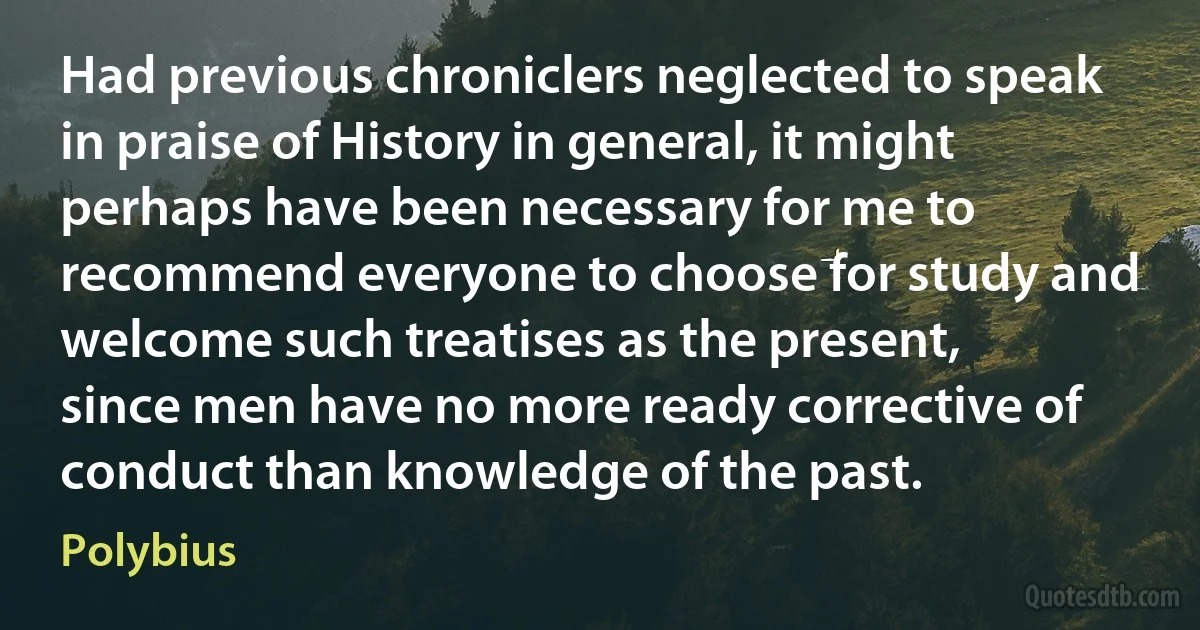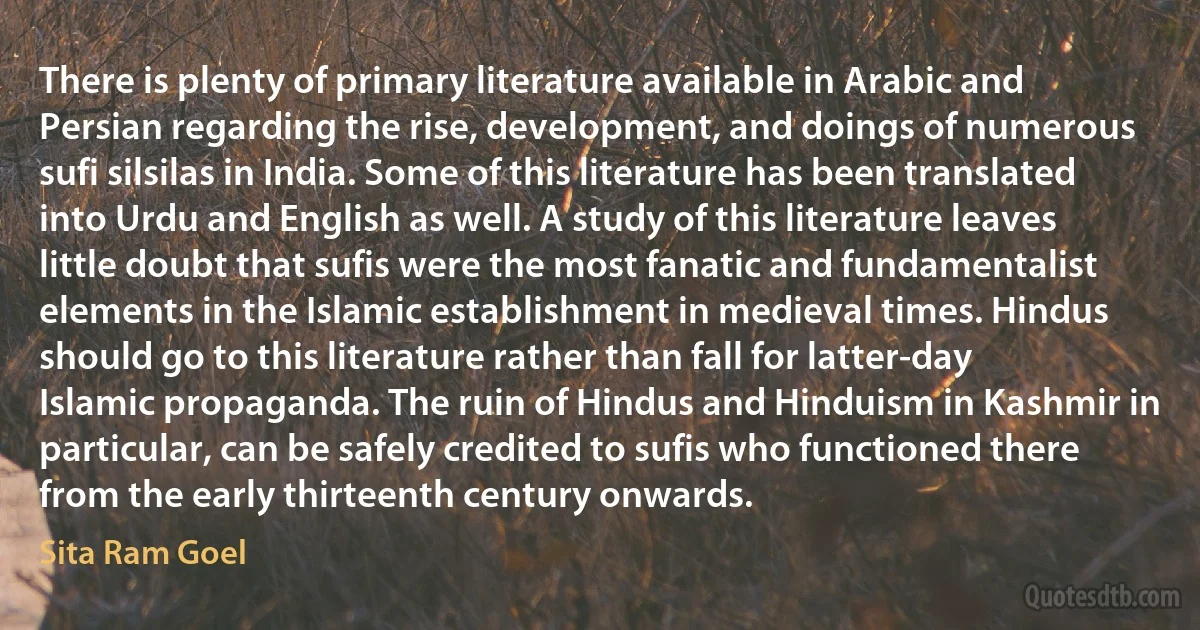Study Quotes - page 92
Coal being then the chief source of power, much industrial reconstruction depended on there being a plentiful and cheap supply. But the newly nationalized industry was not doing well. Productivity failed to increase in step with increases in mechanization. Men were leaving the mines in large numbers for more attractive opportunities in the factories. Among those who remained, absenteeism averaged 20 percent. Labor disputes were frequent despite improved conditions of employment. Some time earlier the National Coal Board had asked the Institute to make a comparative study of a high producing, high morale mine and a low producing, low morale, but otherwise equivalent mine.

Eric Trist
Whoever desires that his intellect may grow up to soundness, to healthy vigor, must begin with moral discipline. Reading and study are not enough to perfect the power of thought. One thing above all is needful, and that is, the disinterestedness which is the very soul of virtue. To gain truth, which is the great object of the understanding, I must seek it disinterestedly. Here is the first and grand condition of intellectual progress. I must choose to receive the truth, no matter how it bears on myself. I must follow it, no matter where it leads, what interests it opposes, to what persecution or loss it lays me open, from what party it severs me, or to what party it allies. Without this fairness of mind, which is only another phrase for disinterested love of truth, great native powers of understanding are perverted and led astray.

William Ellery Channing
Political correctness is communist propaganda writ small. In my study of communist societies, I came to the conclusion that the purpose of communist propaganda was not to persuade or convince, nor to inform, but to humiliate; and therefore, the less it corresponded to reality the better. When people are forced to remain silent when they are being told the most obvious lies, or even worse when they are forced to repeat the lies themselves, they lose once and for all their sense of probity. To assent to obvious lies is to co-operate with evil, and in some small way to become evil oneself. One's standing to resist anything is thus eroded, and even destroyed. A society of emasculated liars is easy to control. I think if you examine political correctness, it has the same effect and is intended to.

Anthony Daniels (psychiatrist)
I was in the enormous and almost deserted square in front of the Great People's Study House-all open spaces in Pyongyang remain deserted unless filled with parades of hundreds of thousands of human automata-when a young Korean slid surreptitiously up to me and asked, "Do you speak English?"
An electric moment: for in North Korea, unsupervised contact between a Korean and a foreigner is utterly unthinkable, as unthinkable as shouting, "Down with Big Brother!"
"Yes," I replied.
"I am a student at the Foreign Languages Institute. Reading Dickens and Shakespeare is the greatest, the only pleasure of my life."
It was the most searing communication I have ever received in my life. We parted immediately afterward and of course will never meet again. For him, Dickens and Shakespeare (which the regime permitted him to read with quite other ends in view) guaranteed the possibility not just of freedom but of truly human life itself.

Anthony Daniels (psychiatrist)
It is true that intellectuals who take pains to study every subject from its sources, are few and far between in this country. But it is also true that an intellectual culture cannot grow in an atmosphere where the media is controlled by purveyors of palpable falsehoods or bullied into abject surrender by the thought police of Nehruvian Secularism.

Sita Ram Goel
The only substantial contribution was made by an RSS lawyer hailing from Anantnag in Kashmir. "I have studied Islam in depth,” he said, "and found it to be a great religion. I cannot understand anyone placing Islam in the dock.” Ironically enough this defender of Islam was literally the first to be shot dead when the ethnic cleansing started in the Valley in the winter of 1989.

Sita Ram Goel
Three conclusions can be safely drawn from a study of these 21 inscriptions. Firstly, the destruction of Hindu temples continued throughout the Muslim rule, from the date of its first establishment at Delhi in AD 1192 to its downfall with the death of the Mughal emperor Muhammad Shah in 1748. Secondly, the destruction took place all over India and was undertaken by rulers belonging to all Muslim dynasties, imperial as well as provincial. Thirdly, the destruction had no economic or political motive as has been proposed by Marxist scholars and Muslim apologists; it was inspired by religious zeal and regarded as a pious performance by Muslim kings and commanders, all of whom took considerable pride in it and sought blessing from Allãh and the Prophet. The iconoclasts, it may be added, have been idolised all along as paragons of faith, virtue, justice and generosity. These conclusions become clearer still when we come to evidence from Islamic literary sources.

Sita Ram Goel



